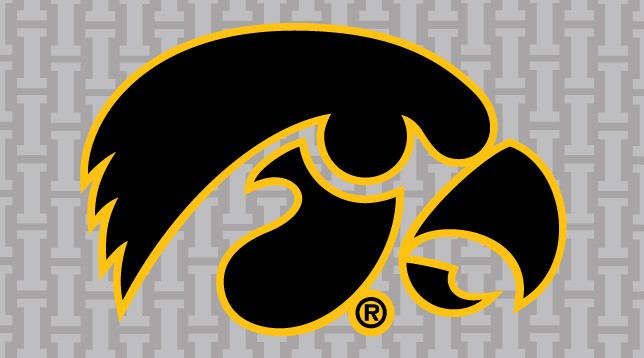Current problems with Iowa football should make you appreciate Hayden Fry even more
By Pat Harty
IOWA CITY, Iowa – I didn’t think I could respect or admire Hayden Fry any more than I did before James Daniels tweeted in early June about racial disparities in the Iowa football program.
I already knew that Fry was a pioneer who had the courage, the nerve, the vision, and the resolve, that it took to break the color barrier in the Southwest Conference.
Fry recruited Jerry LeVias to Southern Methodist University in the mid-1960s, and then stood by his side against hate and prejudice.
Fry knew that he probably would lose some friends and gain some enemies by recruiting LeVias. But Fry was willing to accept that because he knew that recruiting LeVias was the right and decent thing to do.
It certainly helped that LeVias was a spectacular talent.
But Fry’s interest in LeVias stretched far beyond football, as did Fry’s influence.
I’ve talked to multiple former Iowa players under Fry, both black and white, since the story broke about racial disparities and there is a common theme.
To a man, they can’t ever recall a time under Fry when the culture was tarnished by racial disparities, or by double standards that worked against the black players.
The culture under Fry wasn’t perfect, but it worked for everybody because everybody mattered regardless of how they looked, how they dressed or where they came from.
That doesn’t mean that every black player under Fry left Iowa feeling happy and fulfilled. But from what I can tell, most of them felt respected, were given a fair chance and allowed to be themselves.
“When you play for Hayden he expected certain things,” said Anthony Dean, who played receiver under Fry at Iowa from 1991-94. “And it wasn’t he expected certain things based on the color of your skin. He expected certain things from all of his athletes. And that’s the way he went about business.”

Some of the former players I spoke to said Fry almost went out of his way to make his black players feel comfortable at Iowa.
He knew that for many of the black players, life in Iowa City was a major adjustment filled with potential pot holes.
Fry knew that because he had made it his life’s mission to pursue and promote racial equality, and he knew that he had a grand stage as a Division I football coach to help spread awareness.
As for the current culture under veteran head coach Kirk Ferentz, it has been described by multiple former black players in a much different light.
One of the biggest criticisms is that black players are stripped of their identity upon joining the program, and then subjected to double standards, on and off the field.
The frustration had been festering for a while, and then George Floyd was killed on May 25th in Minneapolis, and his controversial death paved the way for Daniels to expose the problems with Iowa’s culture.
Other former players soon followed, and that launched a movement.
Most of the blame was focused on Chris Doyle, and he has since reached a $1.3 million separation with Iowa, ending his 21-year reign as the strength and conditioning coach.
The situation with Kirk Ferentz and Doyle, and how they spent 21 years together, was unique and inspiring until, sadly, the whole truth came out.
It now seems obvious that Kirk Ferentz gave Doyle too much power and too much trust, and it ultimately backfired.
The Husch Blackwell law firm from Kansas City is currently investigating the Iowa football program, and the investigation is supposed to be finished by the end of July, which is Friday.
The challenge facing Kirk Ferentz is to build a a culture in which black players feel more comfortable and more empowered.
Ferentz should think back to the nine seasons that he spent as Fry’s offensive line coach at Iowa from 1981-89 and remember the little things that Fry did on a daily basis to sustain a culture that worked for both black and white players.
I don’t believe that Kirk Ferentz is a racist, or a bully.
I just think he became too comfortable, too controlling, too stubborn and too trusting of certain people and that caused the culture to suffer.
Fry, on the other hand, loved his assistant coaches, but he also encouraged them to move on to bigger and better things.
And the ones who did stay with Fry, including Don Patterson, did so because they shared Fry’s values and beliefs.
I didn’t need to be reminded why Hayden Fry was special, but the current controversy has done just that.
Fry passed away this past December at the age of 90, but his legacy and his legend will last forever, and will serve as inspiration.
Fry was a great coach, but a better person, and Iowa was lucky to have him for 20 years.
And that is according to Fry’s players, both black and white.



